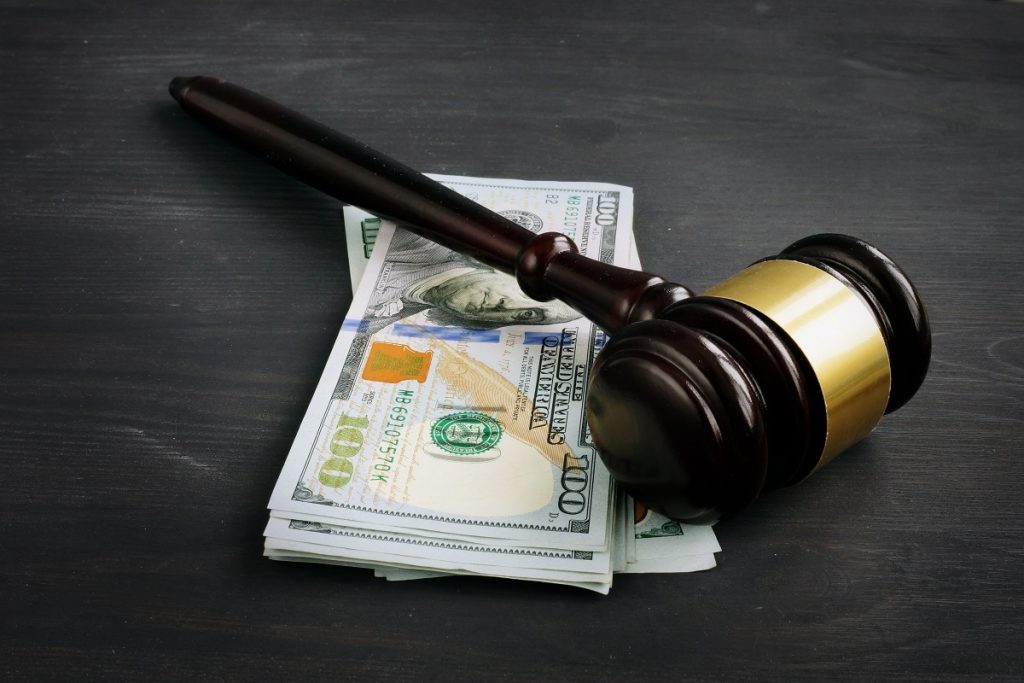If someone gets in trouble and goes to jail, it may seem like a simple and easy process to just spring them out by paying their bail. You see it all the time in television and movies. That truly is the essence of the idea behind paying for bail. However, there’s more that goes into it than you know.
Typically, many people who have never had to deal with the justice system in the past aren’t sure what to do when they face a situation where they have to pay bail. If someone you know gets arrested and has to pay, for example, $50,000 in bail, what happens? What if you don’t have that amount? Do they just stay in jail? Or can you perhaps hire a bail bondsman in Summit County to get them out?
Many aren’t even aware of what a bail bondsman is, or what they are capable of. Here’s a quick primer, because understanding how bail works is paramount to making the process go smoothly.

Bail
By now, almost everybody knows just what bail is. In fact, it’s probably the easiest thing to figure out in this whole process. People have watched enough TV and movies for them to know that bail is what you pay to get people out of jail. However, bail does not buy freedom, and the defendant does not get off scot-free. Instead, bail is used to ensure that the accused will return to court for the rest of their hearings until the trial is finished.
Therefore, it can be said that bail is not a punishment or a get out of jail pass. It serves the purpose of limiting the amount of space needed in jail, and ensuring that those who are free on bail will return to their hearings. The amount that a defendant will need to pay as bail will depend on several factors. However, this number is typically decided on by the judge. Bail is returned once the trial is over (but not always, depending on how you pay your bail).
So where do the bail bondsmen come in?
Bail Bondsmen
When the defendant is incapable of paying the full bail themselves, there are two options. One, the defendant can ask his friends or kin to pay on his behalf. Or two, the defendant can hire the services of a bail bondsman to pay for the bail amount on his behalf.
A bail bondsman will pay the full fee to the court, and the accused will pay a percentage to the bondsman as a fee (10 to 15 percent). If the defendant does not show up in court, the bondsman can collect on the collateral provided when the deal was entered. Know that although bail that paid in cash is refunded once the trial is over, the fee paid to bondsmen is non-refundable.
Bail bondsmen act as the surety for defendants who seek to get out of jail for the duration of their trials. They provide a service to those who cannot afford their full bail.
